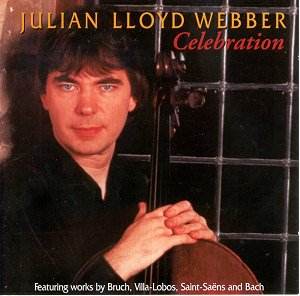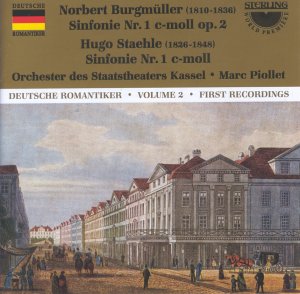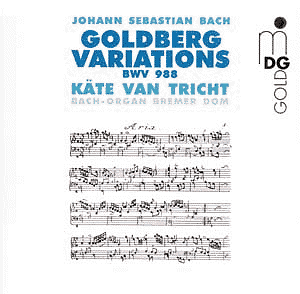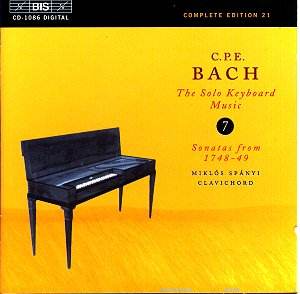 Composer: Celebration
Composer: Celebration
Works: Joaquín Rodrigo – Concierto como un Divertimento; Heitor Villa-Lobos – Bachianas Brasileiras No. 5 – aria; Edouard Lalo – Cello Concerto; David Popper – Gavotte No. 2; Camille Saint-Saëns – Softly Awakes My Heart; Gabriel Fauré – Elégie; Manuel de Falla – Ritual Fire Dance; Frederick Delius – Cello Concerto; Frederick Delius – Serenade from Hassan; Gustav Holst – Invocation; Ralph Vaughan Williams – Fantasia on Sussex Folk Tunes; J.S. Bach – Arioso; Frank Bridge – Scherzetto; Joseph Canteloube – Baïlero; Max Bruch – Kol Nidrei
Performers: Julian Lloyd Webber (cello); LPO/Jesus Lopez-Cobos; Philharmonia/Vernon Handley; National PO/Charles Gerhardt
Recording: BMG 74321 84112 2
Label: Bridge
“Celebration” marks a significant milestone in the illustrious career of Julian Lloyd Webber, a cellist whose artistry has consistently bridged the gap between the virtuosic and the lyrical. This collection of works, recorded between 1980 and 1983, assembles a rich tapestry of cello repertoire that celebrates both the instrument’s expressive capabilities and the diverse styles of 20th-century composers. Each piece is not only a showcase for Lloyd Webber’s formidable technique but also a testament to his interpretative depth.
The recording opens with Joaquín Rodrigo’s “Concierto como un Divertimento,” a work that exudes a buoyant spirit indicative of the composer’s lyrical style. Lloyd Webber’s performance is marked by an effortless fluidity, particularly in the second movement, where the ethereal quality of his tone evokes the tranquil beauty of moonlit gardens. The recording captures the spatial depth and dynamic range of the orchestra, allowing for a vivid interplay between soloist and ensemble, with no hint of academic detachment—a hallmark of Rodrigo’s music.
As the program unfolds, the interpretative choices become increasingly distinct. The Lalo Cello Concerto, with its grand operatic flair, is delivered with a dramatic intensity that befits its theatrical origins. Lloyd Webber’s andantino is imbued with a plangent expressiveness that resonates deeply, contrasting effectively with the playful exuberance of Popper’s Gavotte No. 2. Here, Lloyd Webber’s approach is light and gambling, showcasing his ability to navigate technical passages with joyous abandon. The juxtaposition with Fauré’s Elégie, where he adopts a more contemplative stance, highlights his range as an artist, moving seamlessly from exuberance to introspection.
The engineering quality of this recording warrants special mention. The clarity and depth of sound allow the listener to appreciate both the nuances of Lloyd Webber’s playing and the orchestral textures that surround him. The deft orchestration, particularly in the arrangements by Charles Gerhardt, enhances the overall listening experience, weaving a gossamer fabric that supports the cello while allowing it to shine. Gerhardt’s handling of the Villa-Lobos aria demonstrates a keen understanding of the work’s emotive landscape, with stereo separation adding a sense of drama to the performance.
The second disc transitions into a predominantly British repertoire, underscoring Lloyd Webber’s commitment to championing national composers. The Delius Cello Concerto is executed with an admirable sensitivity, although one might argue that Handley’s interpretation lacks the full poetic yield that the work demands. In contrast, Holst’s Invocation is performed with a luminosity that complements its rich orchestration, while Vaughan Williams’s Fantasia on Sussex Folk Tunes is approached with an engaging jauntiness, revealing the cello’s melodic potential in a way that is both innovative and respectful of tradition.
this collection serves as a compelling testament to Julian Lloyd Webber’s artistry. His interpretations are not merely technically proficient; they are imbued with a profound understanding of the music’s emotional core. The orchestral collaboration is consistently alert and responsive, enhancing each performance’s impact. As a celebration of a distinguished career, this recording not only affirms Lloyd Webber’s status as a leading cellist of his generation but also invites listeners to explore the vibrant repertoire for cello and orchestra with renewed enthusiasm. Its thorough documentation and thoughtful curation make it a valuable addition to any classical music library, showcasing a master at work in both technical mastery and communicative power.



